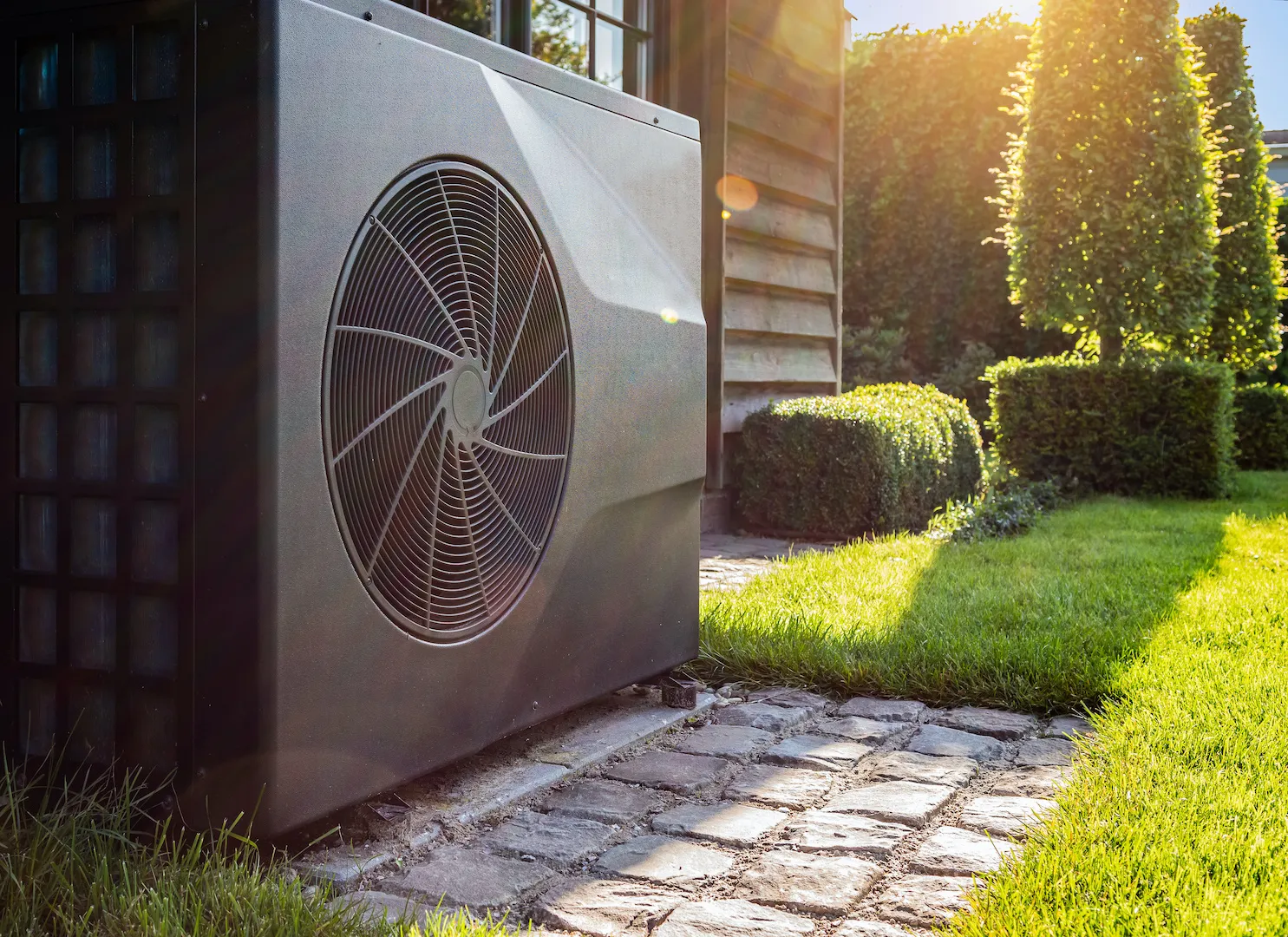Renovation obligation from 1 January 2023
The Flemish government has decided that from 1 January 2023, new owners who have purchased EPC-label E or F houses and flats must renovate their buildings to EPC-label D or higher within five years of purchase.
Currently, there is no escaping historically high energy prices. Thus, house buyers are paying more attention than ever to EPC labels on their houses and flats. After all, buyers know that a better EPC label means less energy consumption and hence lower energy bills. In that context, it is also important to take a moment to consider the new remodelling obligations that will apply from the beginning of next year.
What is an EPC and how is it calculated?
The EPC label or energy code can be found on the energy certificate. The label shows energy consumption in kW/m² per square metre of floor area. The lower the EPC label (such as A or B), the less energy is needed to heat the building and the lower your energy bills. EPC scores are calculated based on several factors. First, energy experts look at the building envelope. The building envelope consists of the facade, roof, windows, doors and gates. They also look at what systems are used to heat the house and water. Cooling and ventilation technology are also included in this calculation. Flat houses, terraced houses, semi-detached houses and more enclosed houses have very different energy balances anyway. In general, the more the façade of a building is visible, the greater the energy loss. Finally, the year of construction, materials used and surface area are also mapped to determine the exact energy balance.
"In the short term, all owners of older flats with collective heating will have to make a choice of major energy-saving renovations. Because the future value of all flats in the building will decrease."
If I buy a flat in a building, do renovation obligations apply?
Yes, all flats are subject to renovation obligations as per EPC Label D or above. Therefore, EPC Label E or F flats bought after 2023 must also comply with this new legal obligation, even if the other flats have not changed ownership. Such a major refurbishment is likely to involve work in communal areas of the communal property, such as the Communal Heating. Such statutory work can be decided by a simple majority of 50% + 1. Rejecting these works does no good to other owners. Eventually, these flats will also be sold, falling under the same renovation obligations. Intentionally blocking the major renovation works in the common areas results in the value of all flats in the building decreasing over time.
Are there financial incentives?
Yes, there are many financial incentives you can rely on for energy-related retrofits. Most support measures are conditional and depend on income group, context and extent and nature of the renovation works carried out.
Are exceptions possible and what happens if renovation obligations cannot be met in time?
Renovation obligations only exist in the case of notarised transfer of full ownership, establishment of a building lease right or establishment of a long lease. The renovation obligation does not apply to all other forms of transfer such as share transfer or inheritance. If the EPC label is not obtained on time, a fine of €500 to €200,000 can be imposed. There are also new deadlines by which the EPC label must be obtained.

